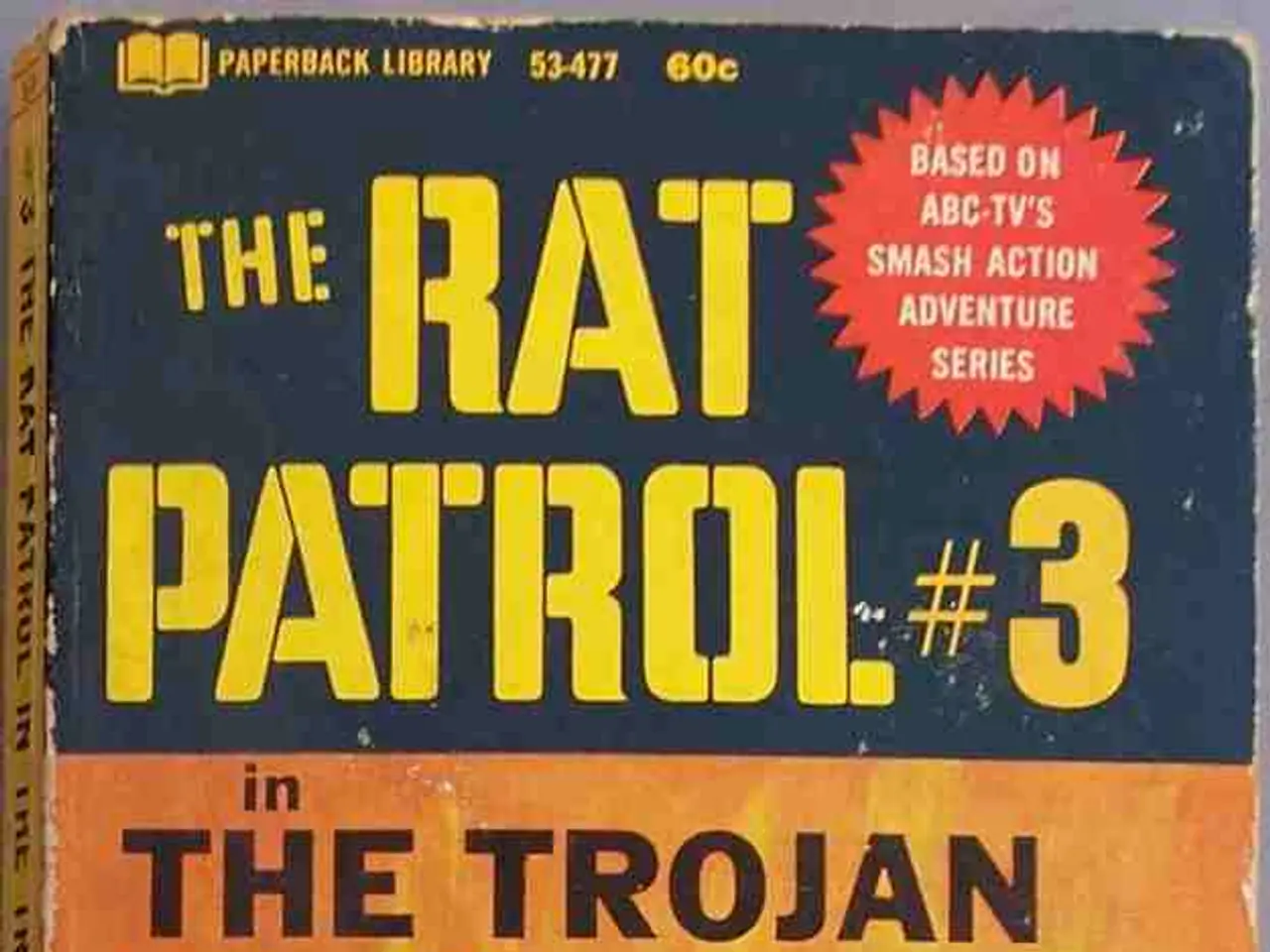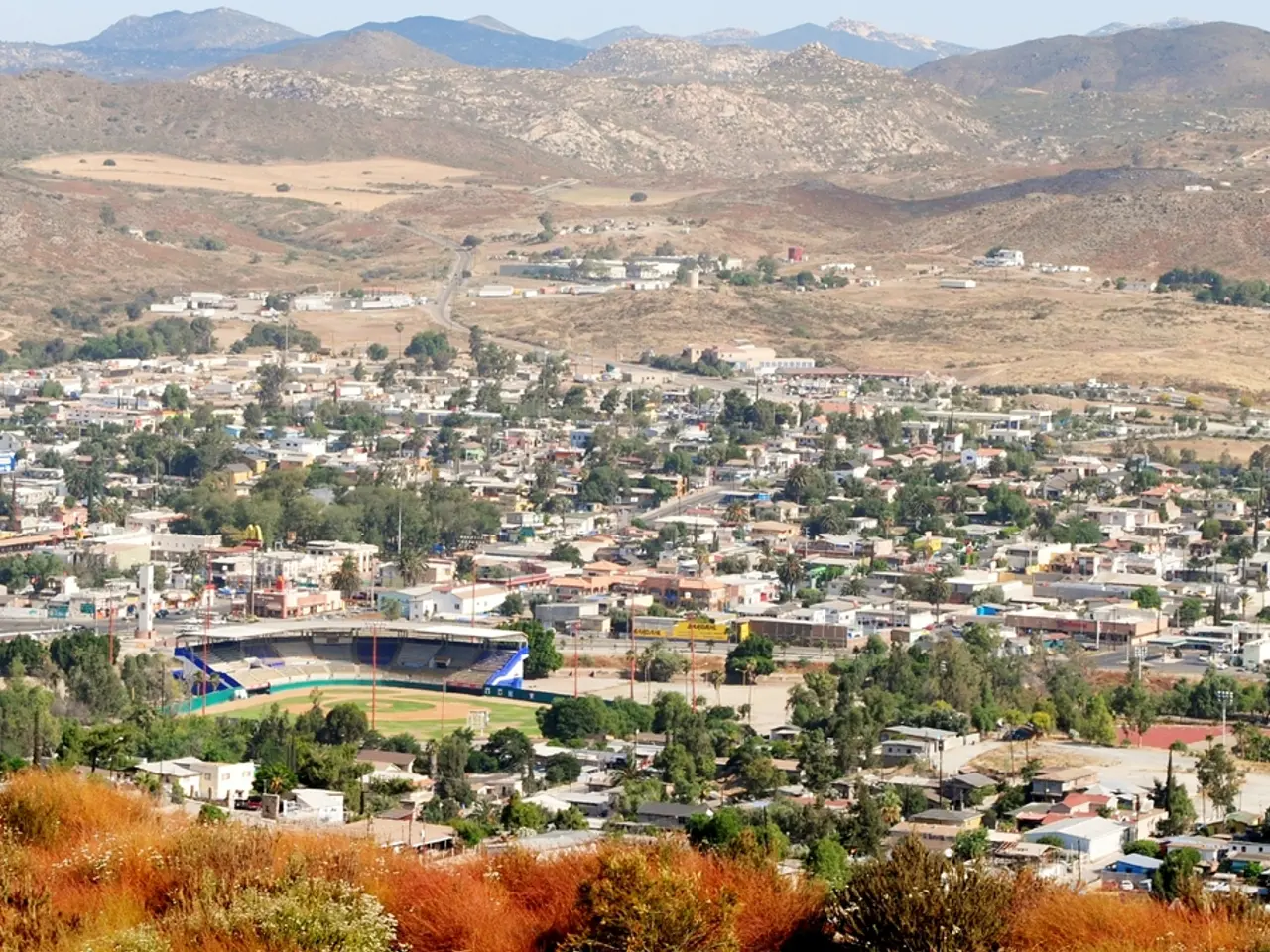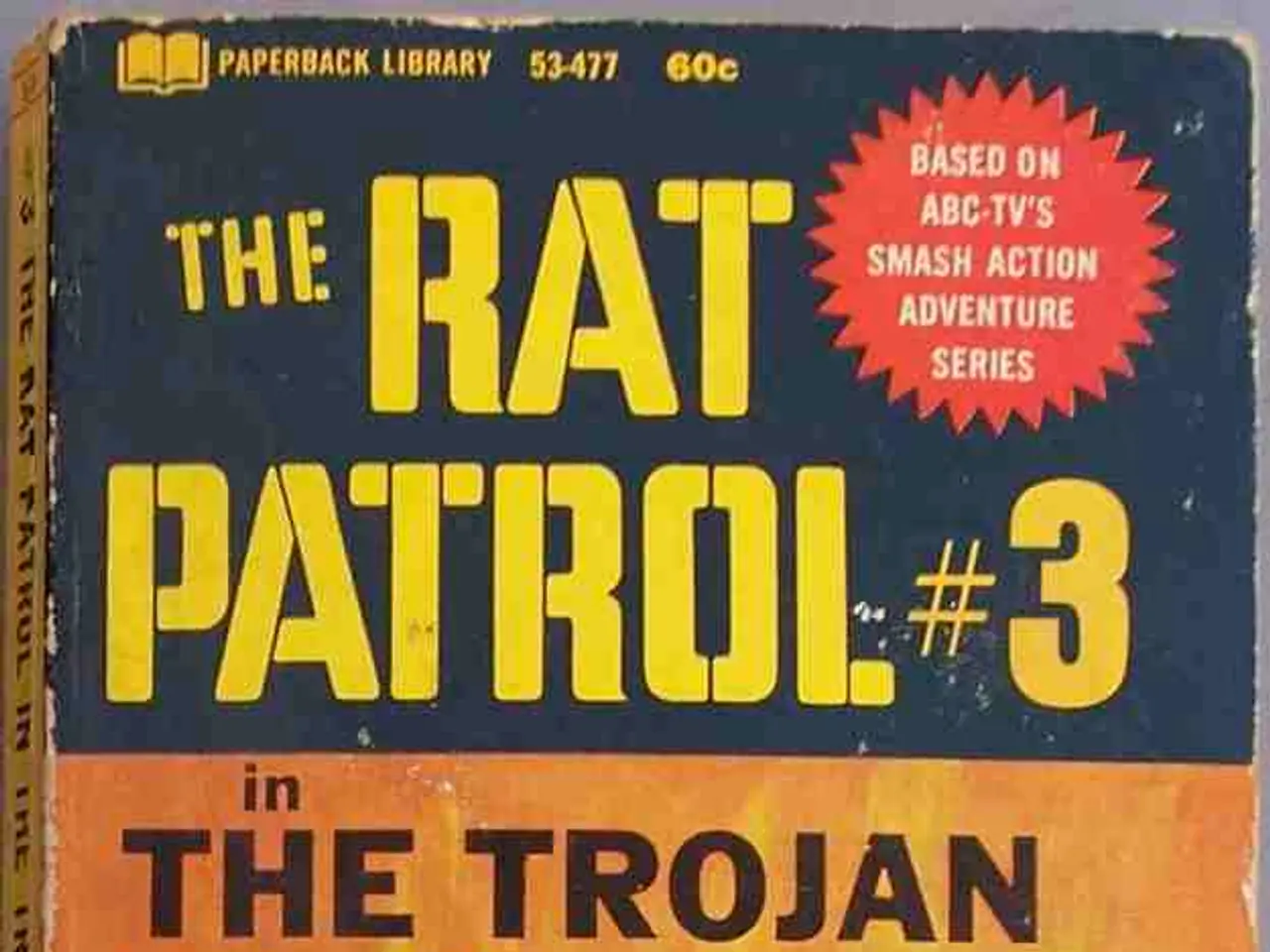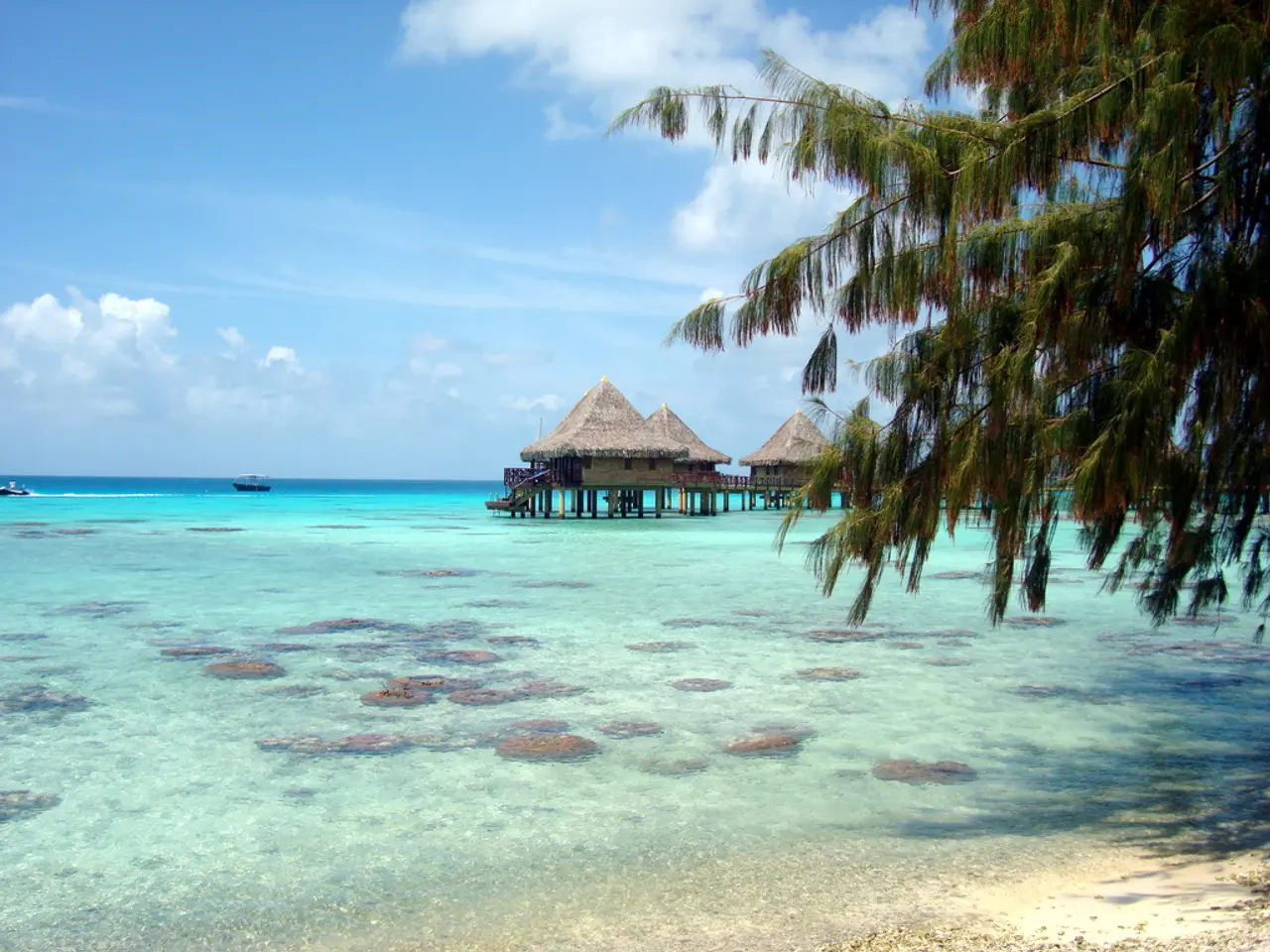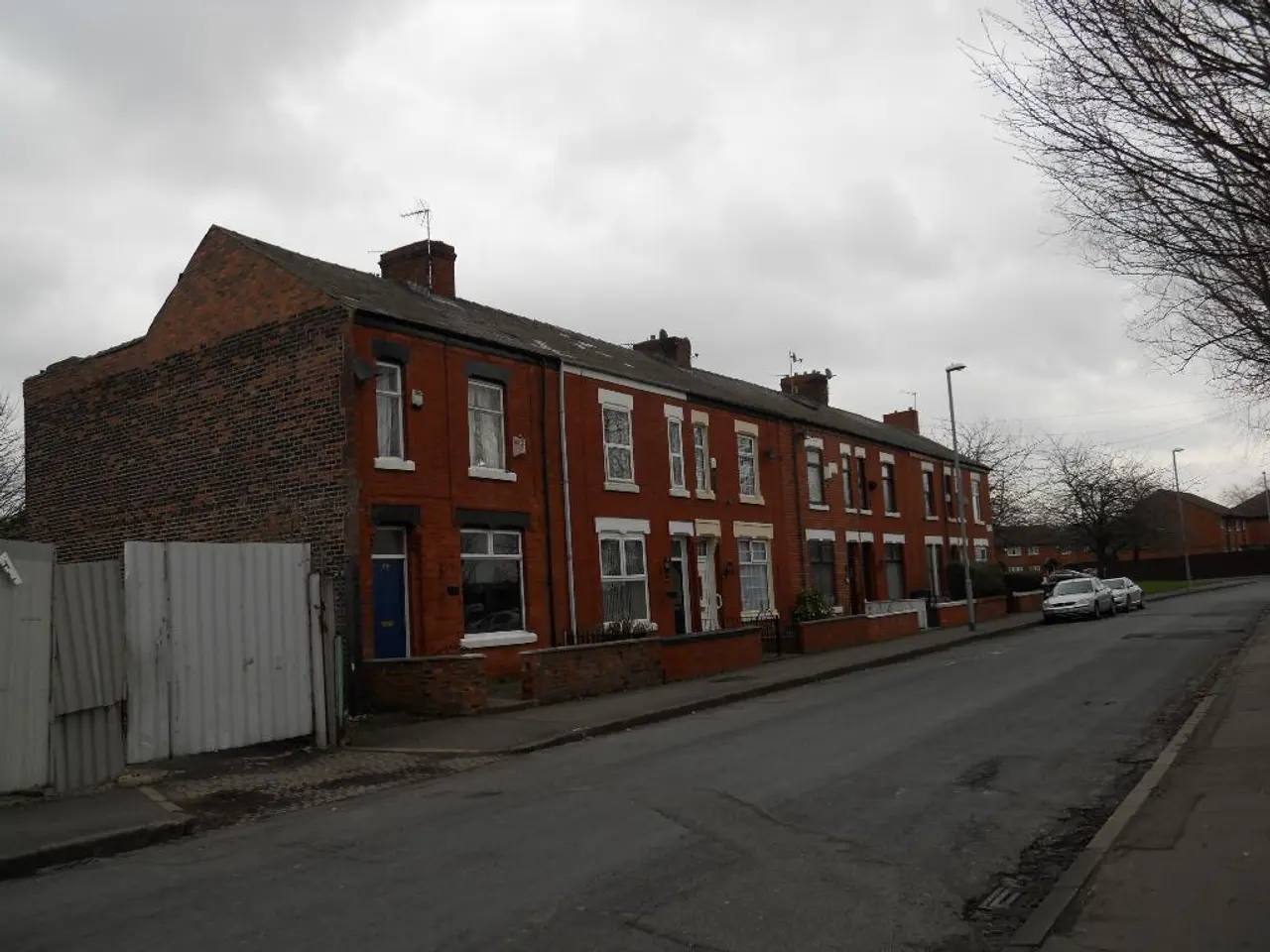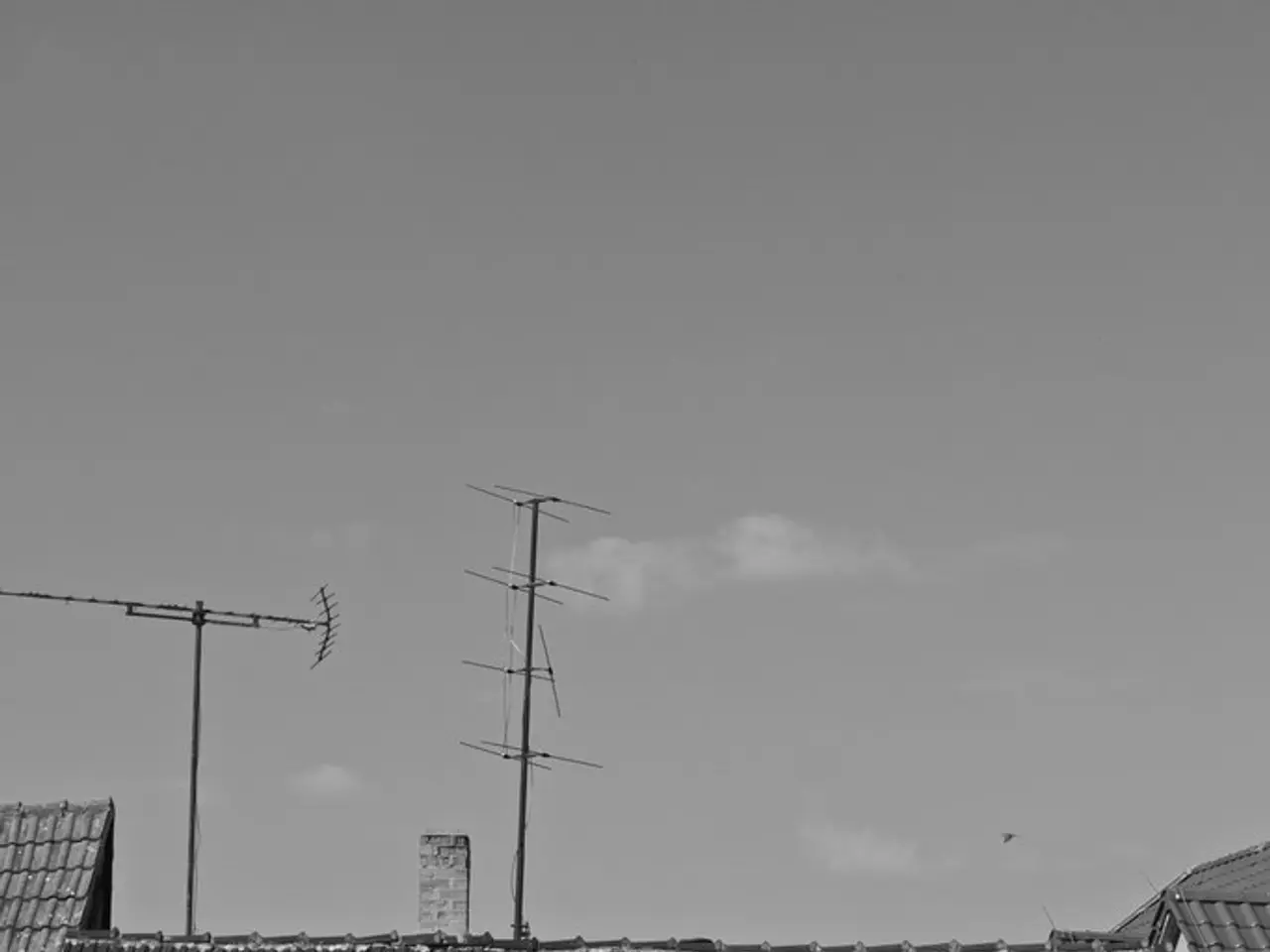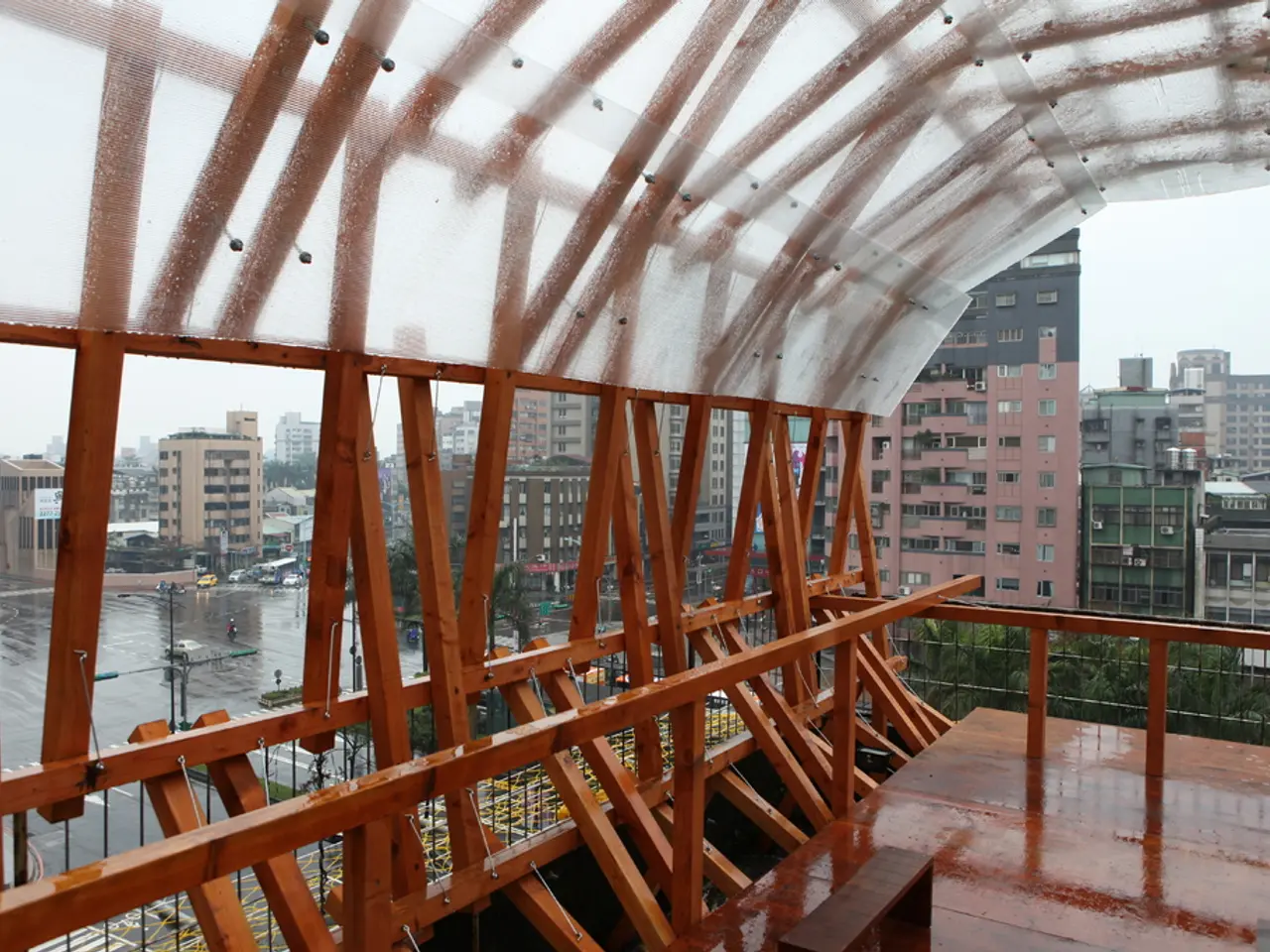Israel's potential re-occupation of Gaza marks a significant escalation in the ongoing conflict, putting key details into focus.
A potential full reoccupation of the Gaza Strip by Israel could lead to a prolonged conflict, increased humanitarian crisis, and significant international condemnation, according to various reports. The United Nations has expressed deep alarm, warning that such military expansion would endanger Palestinians and remaining Israeli hostages more severely.
Experts suggest this move risks exacerbating famine and worsening conditions amid a nearly two-year-old war. Internationally, this action is expected to weaken Israel's standing, increase regional instability, and provoke negative diplomatic repercussions. There is growing pressure on Israel to cease ongoing hostilities, and some countries have endorsed Palestinian statehood demands, signaling increased international support for Palestinian self-determination.
Palestinian groups like Hamas have dismissed Israeli threats, indicating no intention to disarm without a recognized Palestinian state. Hamas is willing to release the remaining hostages in return for a lasting ceasefire and an Israeli withdrawal, but it refuses to lay down its arms as long as Israel occupies territories the Palestinians want for a future state. Hamas is believed to have ordered its guards to kill captives if Israeli forces approach.
Israel plans to keep fighting until all hostages are returned, Hamas is defeated or disarmed, and Gaza's population is given the option of "voluntary emigration," which is viewed as forcible expulsion by the Palestinians and much of the international community. The reoccupation would deepen Israel's international isolation.
These operations would force another wave of mass displacement and further disrupt aid deliveries. Israel would be expected to maintain order and ensure the basic needs of the population are met, but it has not produced any plan for Gaza's postwar governance and reconstruction. The reoccupation of Gaza would no longer allow Israel to point to Hamas' rule in Gaza, or factional divisions among Palestinians, as reasons to avoid such a reckoning.
In Israel, Prime Minister Benjamin Netanyahu supports full occupation, but senior military officials reportedly favor more graduated military measures, highlighting uncertainties in the government's approach. This internal disagreement could affect the campaign's execution and outcomes.
The reoccupation of Gaza could pose an even more profound threat to Israel, leaving it in full control of the territory between the Mediterranean Sea and the Jordan River, which is home to around 7 million Jews and 7 million Palestinians - most of the latter denied basic rights, including the vote.
The International Criminal Court has issued arrest warrants for Netanyahu and his former defense minister, alleging war crimes and crimes against humanity. The International Court of Justice is also considering allegations of genocide against Israel. Israel has rejected these allegations, accusing those making them of antisemitic "blood libel."
[1] ABC News, "Israel's Gaza reoccupation: What you need to know," 2021. [2] The Guardian, "Israel-Gaza conflict: what you need to know," 2021. [3] Al Jazeera, "Israel-Gaza conflict: what you need to know," 2021.
- The reoccupation of Gaza by Israel could escalate tensions in the general-news sphere, given the potential international condemnation and diplomatic repercussions it may attract, as evidenced by the growing pressure on Israel to cease hostilities.
- Amid the political standoff, discussions about Israel's actions in the Gaza Strip have been raised at international forums such as the International Criminal Court and the International Court of Justice, hinting at the seriousness of the alleged war crimes and crimes against humanity.
